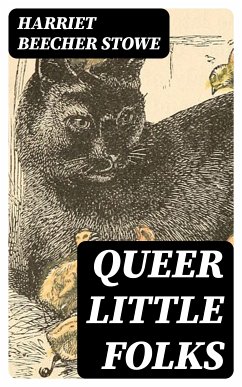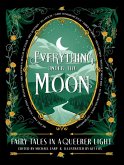In "Queer Little Folks," Harriet Beecher Stowe presents a rich tapestry of charming vignettes that explore the lives of young children and their unique perspectives on the world. The book melds a playful narrative style with moral undertones, characteristic of Stowe's literary approach that seeks to illuminate human nature and societal norms. Set against the backdrop of post-Civil War America, Stowe's prose captures the innocence and curiosity of childhood while subtly addressing themes of compassion, diversity, and acceptance, all framed within an enchanting storytelling tradition prevalent in the 19th century. Harriet Beecher Stowe, an iconic author and social reformer, gained prominence with her novel "Uncle Tom's Cabin," which laid the groundwork for discussions surrounding race and morality. Stowe's deep engagement with social issues-through both her personal experiences and advocacy-greatly influenced her writing. "Queer Little Folks" reflects her desire to depict the wonder of childhood, perhaps inspired by her own large family and the lessons she learned from nurturing her children amidst a turbulent social landscape. This delightful collection of stories is highly recommended for readers of all ages. It fosters a sense of empathy and understanding, making it an ideal book for parents, educators, and anyone invested in the social development of children. Stowe's enchanting prose and thoughtful reflections inspire readers to celebrate the diversity and magic inherent in the lives of young ones.
Dieser Download kann aus rechtlichen Gründen nur mit Rechnungsadresse in A, B, BG, CY, CZ, D, DK, EW, E, FIN, F, GR, H, IRL, I, LT, L, LR, M, NL, PL, P, R, S, SLO, SK ausgeliefert werden.









